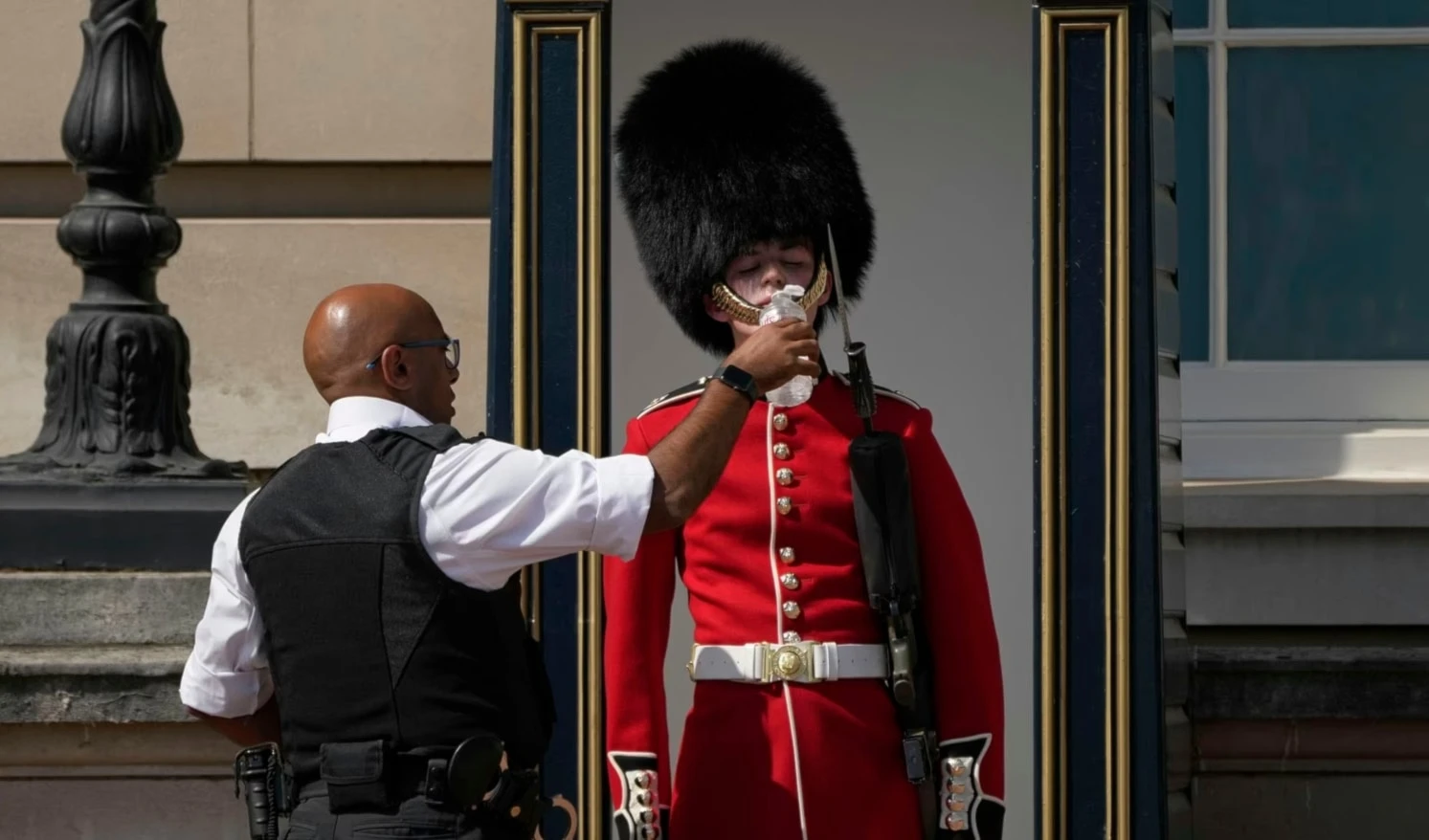Palestine Museum expands to Europe, defies cultural censorship
Founded by Faisal Saleh, the Palestine Museum is creating a global network of spaces where Palestinian artists, scholars, and voices can resist erasure and reclaim narrative.
-

Palestine Museum Scotland is located at 13A Dundas Street, Edinburgh. (Palestine Museum)
The Palestine Museum, originally founded as Palestine Museum US in Woodbridge, Connecticut, has officially made its European debut, opening a new branch last month in Edinburgh, Scotland, The Middle East Monitor reported.
The expansion marks a significant milestone in the museum’s mission to amplify Palestinian narratives, especially amid growing cultural and political suppression in Western institutions.
At the Edinburgh opening, founder Faisal Saleh addressed attendees with quiet determination. A refugee born to a family expelled from Salama, near Yafa, during the 1948 Nakba, Saleh’s journey, from the occupied West Bank to a successful career in the US tech industry, has culminated in an international cultural institution aimed at empowering Palestinians to tell their own stories.
“This museum isn’t just a gallery space,” Saleh emphasized. “It’s a sanctuary for Palestinian culture, resistance, and memory.”
Cultural resistance in the face of censorship
While the museum exhibits works from contemporary Palestinian artists, ranging from the raw and haunting to the hopeful and resilient, its purpose goes far beyond aesthetics. It offers a platform for uncensored history, providing a counterbalance to a global climate increasingly hostile to Palestinian perspectives.
That mission has only grown more urgent. As “Israel” intensifies its bombardment of Gaza and expands its forced displacement operations across the occupied West Bank, the lines between humanitarian catastrophe, cultural suppression, and political censorship have begun to blur.
In a telling example, Dr. Karameh Kuemmerle, co-founder of Doctors Against Genocide, was barred from speaking at Quinnipiac University in the US last month on grounds that the topic, Gaza’s medical crisis, was “too political.” In response, the Palestine Museum offered an immediate alternative, hosting her talk before a packed audience. The full recording is now available on the museum’s YouTube channel.
The gesture was more than logistical. It was a statement: Palestinian voices will not be silenced.
A growing European hub for Palestinian art and advocacy
That same spirit of defiance drives the Edinburgh branch. Situated in a city known for its cultural vibrancy, the museum aspires to become a living archive and gathering space for artists, filmmakers, scholars, musicians, and activists across Europe.
When Dr. Swee Ang, founder of Medical Aid for Palestinians, had her talk canceled in another UK city due to its “controversial” content, the Edinburgh museum immediately stepped in to host her.
Plans are already underway for a robust program of exhibitions, lectures, and interdisciplinary collaborations. But the museum’s goal is not limited to events, it’s about repositioning Palestine as central, not peripheral, to global discourse. It’s about affirming that Palestinians have the right not only to survive, but to create, speak, and shape their own cultural legacy.
In an era where Palestinian artists are deplatformed, exhibits are pulled, and voices are silenced, the museum’s expansion represents both a cultural lifeline and a form of resistance. With new branches planned in London, Belgium, the Netherlands, and Norway, Saleh envisions a global network of spaces dedicated to preserving Palestinian identity without apology.
“I will not rest until there is a Palestine Museum in every major city around the world,” Saleh told Middle East Monitor (MEMO). “Because the erasure of a people begins with silencing their story. And we will not let that happen.”

 3 Min Read
3 Min Read










